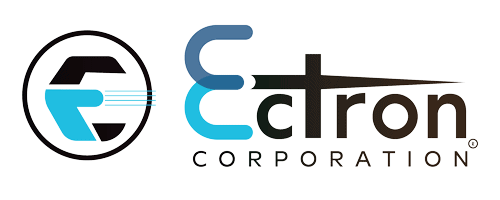In 2017, Ectron commenced operation under new ownership and management. With this, the company adopted a new strategy of delivering a more comprehensive solutions capability for Industrial IoT applications – from the first sensor touch point to the cloud, including analytics and Artificial Intelligence enabled Machine Learning at the edge.
This decision followed extensive market research among existing and potential customers by Ectron’s CEO Kary Dodd and its COO/VP of Engineering Gautam Kavipurapu. The market feedback was clear: There was a significant gap in the market for harnessing Ectron’s expertise and complete computer solutions; purpose built for key edge-based industrial applications, especially engine/machine condition monitoring, but also HMI computers and IoT Gateways. Furthermore, Ectron realized that being able to offer complete end-to-end IoT solutions – consisting of sensors, networking, instrumentation amplifiers, gateways and industrial computers – would be in increasing demand for transforming factories into Smart factories.

